These Founding Fathers not only dedicated their lives and careers to the American Revolution, but also a fair amount of money. Check out this History article to find out more.
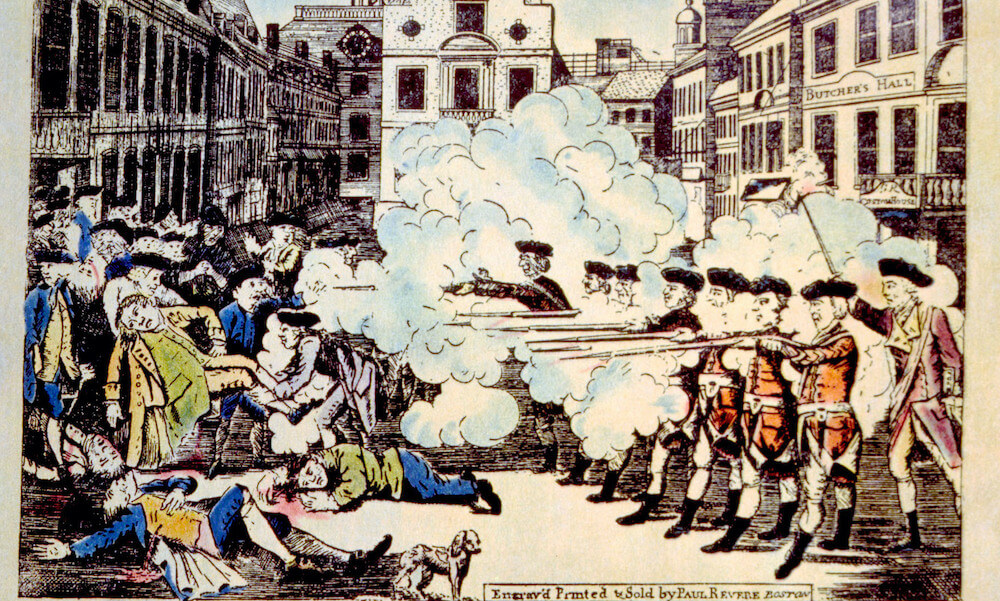

These Founding Fathers not only dedicated their lives and careers to the American Revolution, but also a fair amount of money. Check out this History article to find out more.
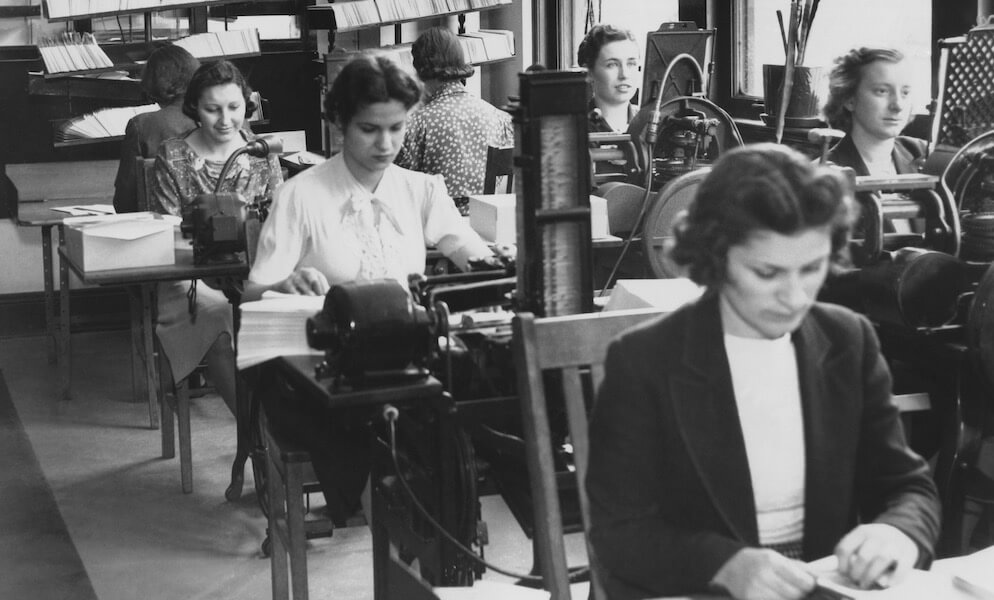
Read about the extraordinary lives and feats of 9 remarkable women.
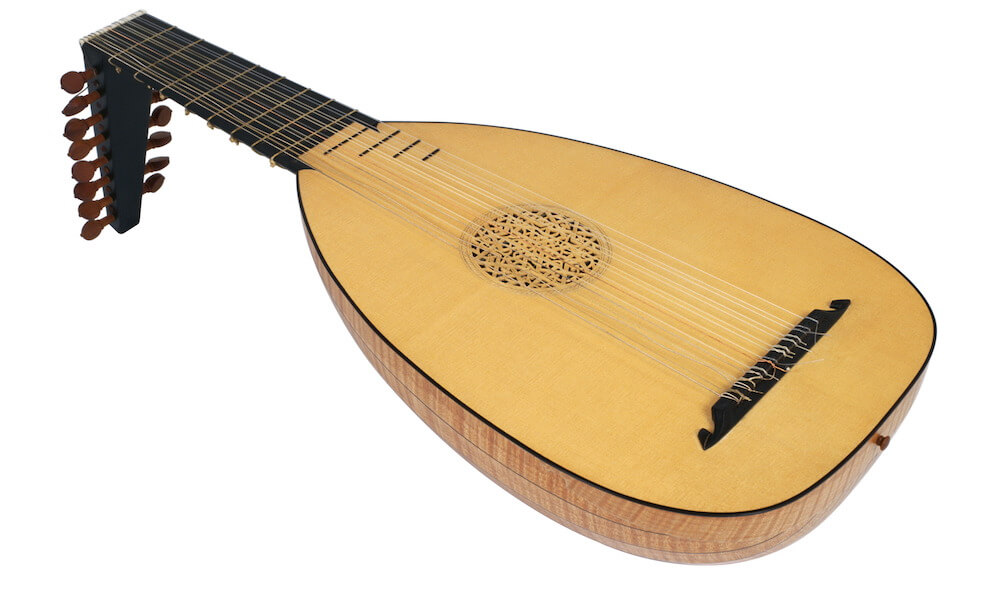
Music is an essential part of life and culture around the world. Learn about Arabic music and what makes it unique.

Nurses played a crucial role during the Civil War, though many of them faced unsanitary conditions, long hours, and a lack of medical supplies. Learn more about the women who became nurses despite these obstacles.

Have you ever wanted to have robotic assistance? That could come sooner than you think! Read about Nike’s cool new invention that may be the future of mobility.
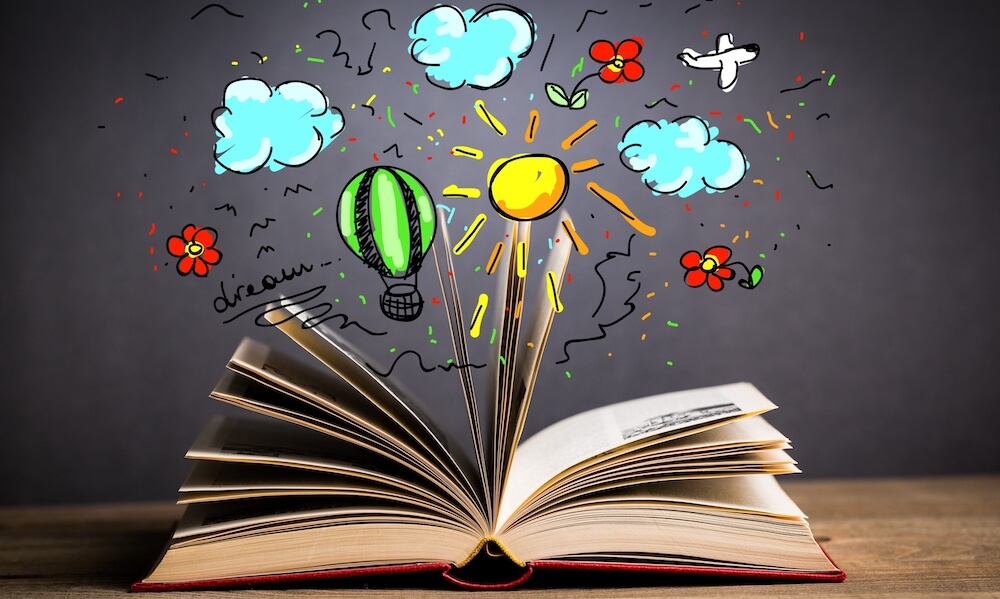
Have you ever read a story and thought it sounded familiar? Well some of your favorite stories may be older than you think!

Read about how horror builds resilience in people by providing a safe avenue for facing fear. Consider these benefits the next time you watch a horror movie or play a frightful game.

What is Diwali, and how is it celebrated? Learn more about this holiday’s vibrant history and the many cultures that observe it.

We’ve all heard the name Anne Frank, but do we all know her story? Read about Anne and the lasting legacy she left behind.

Recently, a jewel heist made headlines when one of the most famous museums in the world was robbed. Read about similar museum heists throughout history.
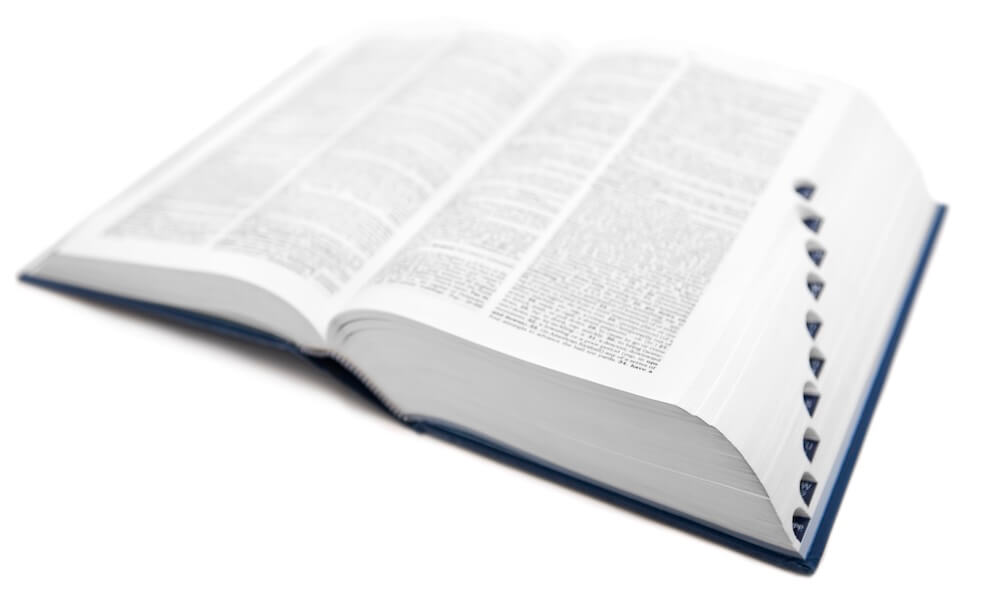
Some of the words and phrases we use everyday were invented by Shakespeare! Learn about the history of these words and the plays that debuted them.
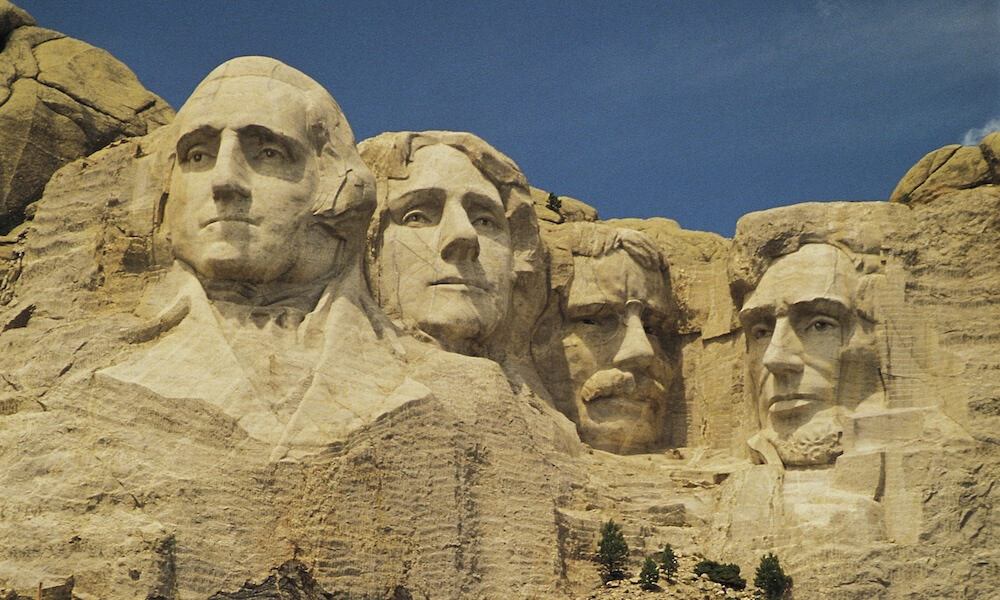
Many of our US presidents knew how to dress for success! Learn about a new exhibit that examines the fashion and style of historic presidents.
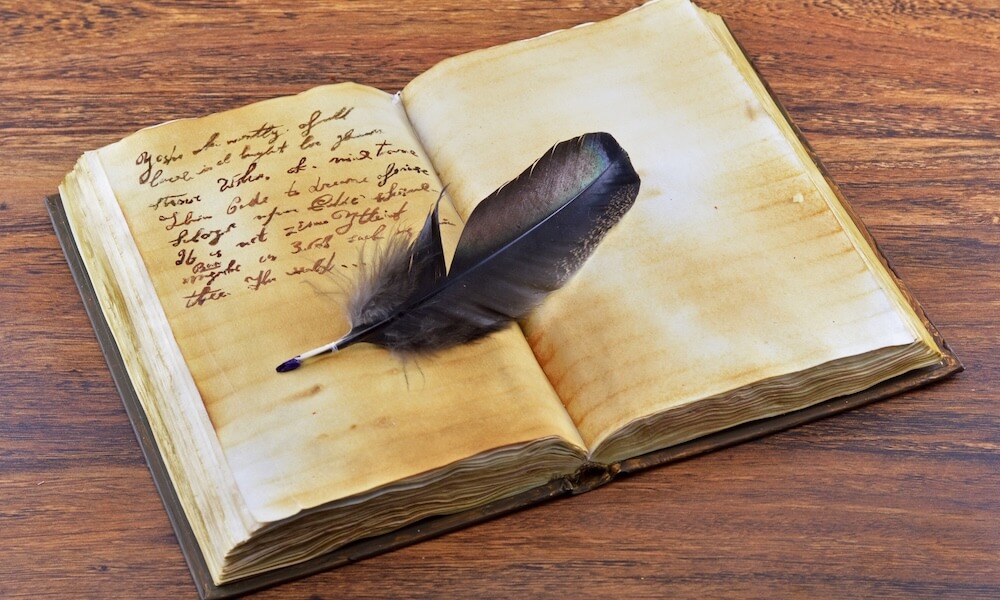
You’ve probably heard of the Emancipation Proclamation, but do you know which events led to its creation? Learn about the history behind this influential document.
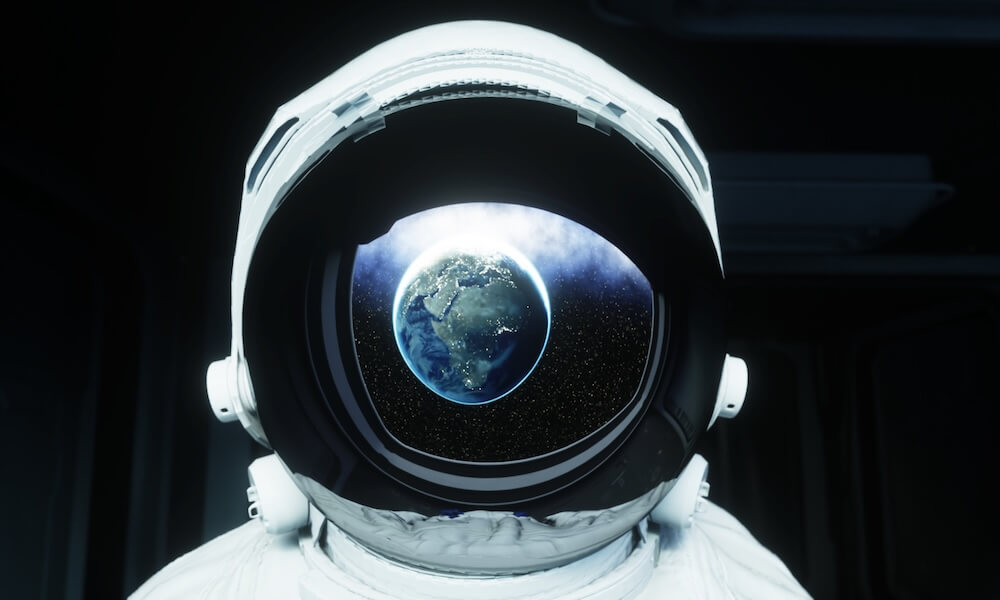
A new class of astronauts, with the potential to visit the moon and mars, will be announced by NASA. With exciting space programs on the horizon, new astronauts will be in for an adventurous career!

Khipu, a system of record-keeping invented by the Inca Empire, uses a series of knots tied into fiber to record information. Learn more about khipus and what they can tell us about Incan society.

Learn about the Windermere Children and the new lives they created in the wake of tragedy.

Though countless music fans around the world celebrate the work of composer Samuel Coleridge-Taylor, there are still many who have never heard of him. Learn about his impressive music career and the movement to keep his legacy alive.
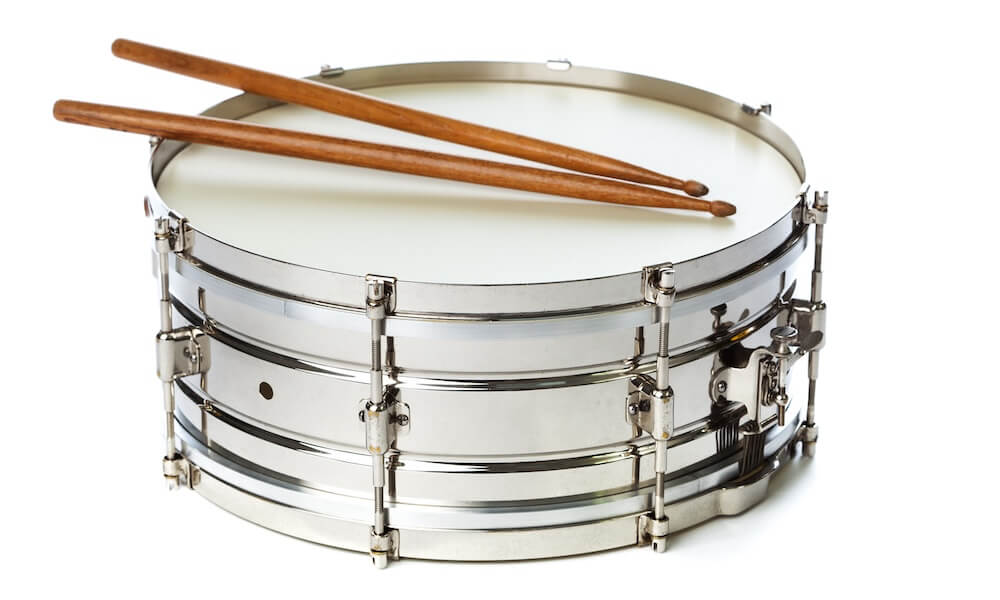
This article describes how music was used to signal and entertain soldiers during the American Revolution, including General Washington himself.
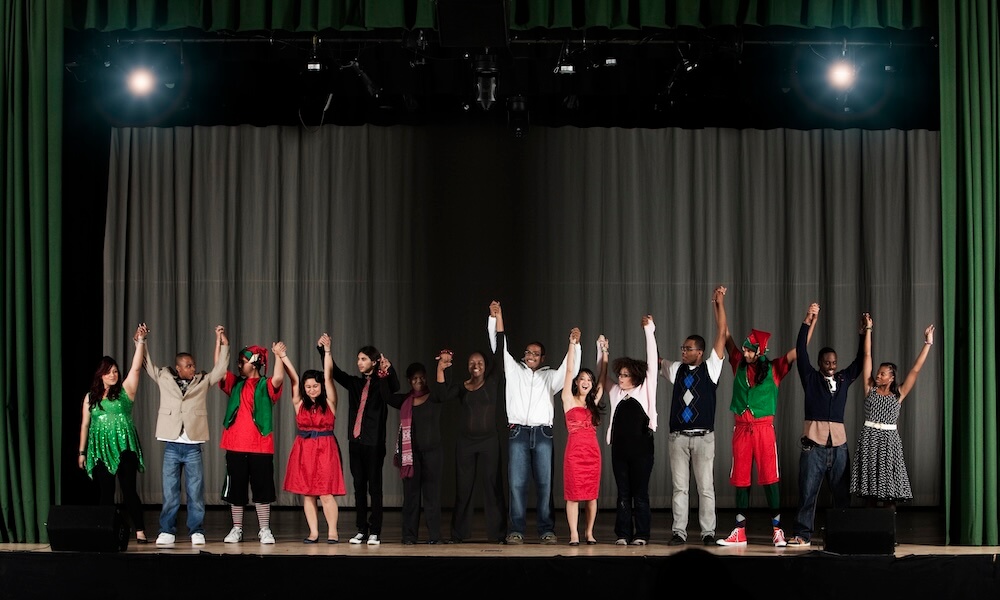
Deciphering Shakespeare can be challenging for readers at all levels. However, these students are mastering English language skills by preforming an entire Shakespeare play!

What does the history of nursing have to do with the American Civil War? Learn how a demand for nurses during the war led to women revolutionizing the field of modern medicine.